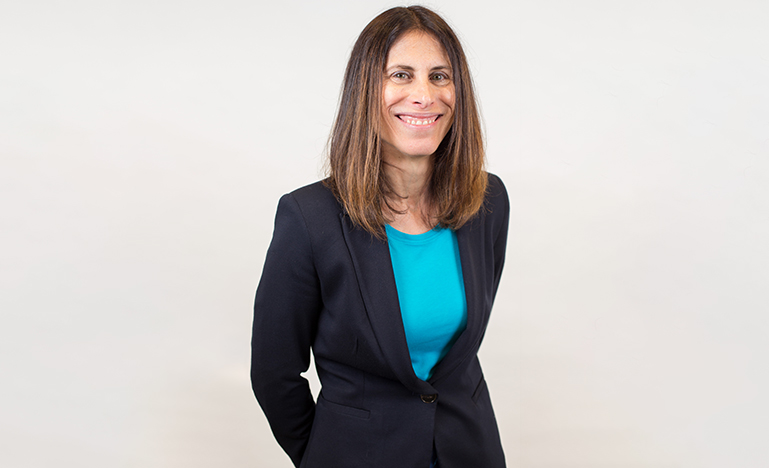Having their backs
How the pandemic reminded me it is also important to care about law students’ well-being.

At the end of the 2021 winter academic term, I was more tired than I can ever remember. As someone who has raised kids and cared for loved ones, for me, this is saying something. Winter 2021 was the third term I had taught during the pandemic and worked to reach my students online, and I felt the weight of their emotions through that unique medium.
The year before, we had moved to online learning in March 2020. I remember it being a pretty hopeful time and a chance for our faculty to come together and be creative and innovative. At the time, I was finishing up teaching the first-year criminal law course. Moving online, I was thinking about basic technical challenges like, “can I figure out how to use Zoom?” I had decided this was not the time to act as if we were still in the classroom. So I tried to adapt by making our class fun. I devised a playlist of songs that I thought linked to our course material. I love Harry Potter, and so I figured out how to use various backgrounds on Zoom from the Harry Potter movies. I was trying out new ways of forging an emotional connection with my students.
Over the summer of 2020, I had to think about how to connect with a group of first-year law students whom I'd never met in person. We had no history together to build on, of in-person classes, office visits, and chance encounters on campus. And because of the emotional beating that I knew COVID was dealing to some students, I found myself focusing on being in tune with how students were feeling outside of the classroom. This was new for me. I had always cared about my students and had some great relationships. But I had not spent a lot of time thinking about their emotional state as part of my work.
I employed some of the same strategies I'd used before, injecting more fun into the lectures. I decided never to insist on using cameras and accepted that students could connect with the material in their way. I created a space on the University's learning website, "D2L", for students to follow, and invited them to post there to introduce themselves. As the year went on, I felt close to this group of students in a new way. There on the screen, they felt physically closer to me in some ways than my in-person students had. Students would "come to class" early, and leave late. One group would often stay back after class to talk about criminal law, law practice, and life. I shared more about how I was feeling too. The space put up some barriers between us, but it removed others. This was wonderful, and tiring. I had to let go of my years-long discipline of writing and publishing regularly. From February to April 2021, I wrote nothing.
This past summer, I have reflected on legal education in a new way. Some people might criticize my approach to online learning: why are you taking care of your students like this? Are you babying them? Aren't you teaching them to stand before a justice of the court and talk about their feelings? But I disagree. In responding to my students, I am coming from a very personal place. I am a parent, and like other parents, when my babies cried at night, I had to decide whether to go to them. I always went, and never with bitterness. I went to them out of love. It's like this with the students, too.
Legal education is not just law; it is an education. We are trying to create the whole lawyer. In the practice of law, lawyers need to have each other's backs, to call on their friends, and to learn from each other. This is part of what I was trying to teach during our semesters online. Heading back into the classroom this fall, I'm hoping some of these lessons from online learning will stick, and some of the closeness. I'm looking forward to it.


